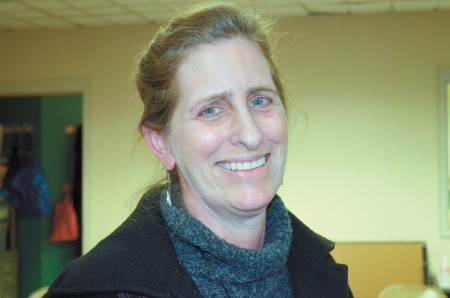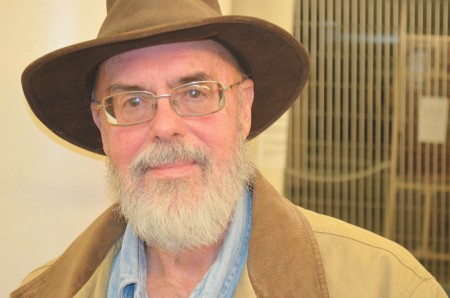The chance to sound off on the city’s parks drew more than 120 people to Dunwoody’s library branch on Jan. 12. They packed into a meeting room, standing room only, to voice their ideas on a rewrite of the city’s five-year parks plan. Some found the discussion a bit familiar.
“A few years ago, we went to all these meetings and put dots on drawings,” one resident said. “We ended up with Georgetown Renaissance Park, which is not what I thought we’d end up with. I’ve never been there. It does not appeal to me.”
In 2011, City Council adopted Dunwoody’s parks plan after a series of public brainstorming sessions that sometimes included ranking proposals by posting green or red dots on maps or charts. The plan the city’s consultants developed then called for a long-term effort to dress up the city’s parks.
But city voters rejected a proposed $66 million bond that was supposed to pay for the plan, leaving the city with relatively little money to finance park improvements or purchase new parkland.
City consultant Pat O’Toole, a principal of GreenPlay LLC of Lawrence, Kan., said that when the plan is finished next August, it would be based on reliable surveys of what Dunwoody residents think about and want in their parks. Consultants already have met with people with a direct interest in the parks, including city officials, to talk about what should be included. A random survey of residents is planned, likely in March, he said, as well as a broader online survey open to anyone wishing to contribute. “This is just the beginning,” Parks and Recreation Director Brent Walker said. “This is a fluid process.”
Residents at the Jan. 12 meeting offered a wide variety of opinions on how to improve Dunwoody’s parks. Some recommendations conflicted with other suggestions. “There’re wide differences between what people want to do,” said John Crawford, treasurer of Dunwoody Senior Baseball, which plays on city fields at Dunwoody Park. “You’ve got people who want green space and people who want [sports facilities] for children.”

Several residents told the consultants the city needs more green places to allow residents to find a bit of the natural world in the city. “There’s nothing in your study about nature,” one resident said. “I’m not interested in paying my tax dollars for more baseball fields.” “We need to preserve the quiet and reflective places,” said Nancy Kestan, a self-described “tree hugger.”

But others, such as Crawford, say what the city really needs are more sports fields because Dunwoody’s kids have few places to play in the city.
“There’s going to have to be more choosing here,” he told the consultants.
And there are other projects competing for space on city land. Several residents proposed rehabilitating the theater at Brook Run Park for use as a performance space. Some wanted more bathrooms in Brook Run. One resident called for a senior center.
Resident Allen Paris said he’d like to see the city develop “a destination park” with, perhaps, a botanical garden. He thinks the city should add other neighborhood parks, “places where people can walk their dogs.”

Paris said that despite the disagreements over which direction to go, the discussion was “a good start” toward developing a new plan for Dunwoody’s parks. One lingering question, he said, appears to be where the money will come from. “If we spent all that money on Dunwoody Village [Parkway] and Mount Vernon [Road], I’m sure we can find it,” he said.
Paris and other residents said they thought the 2011 bond was voted down because homeowners didn’t understand how the money would be spent.
And, several said, some of the city’s plans, such as one to raze an apartment complex to build sports fields, drew strong critics who saw that proposal as an effort to drive poor people out of town.
Although some residents argued that Dunwoody voters won’t approve any bond issue, the consultants got a different opinion overall from the group gathered Jan. 12.
When O’Toole asked whether a “better-targeted, better marketed” bond could win approval in the future, perhaps a quarter to a third of the members of the crowd raised their hands to vote yes. Only a handful voted no. The others indicated they just couldn’t say.
